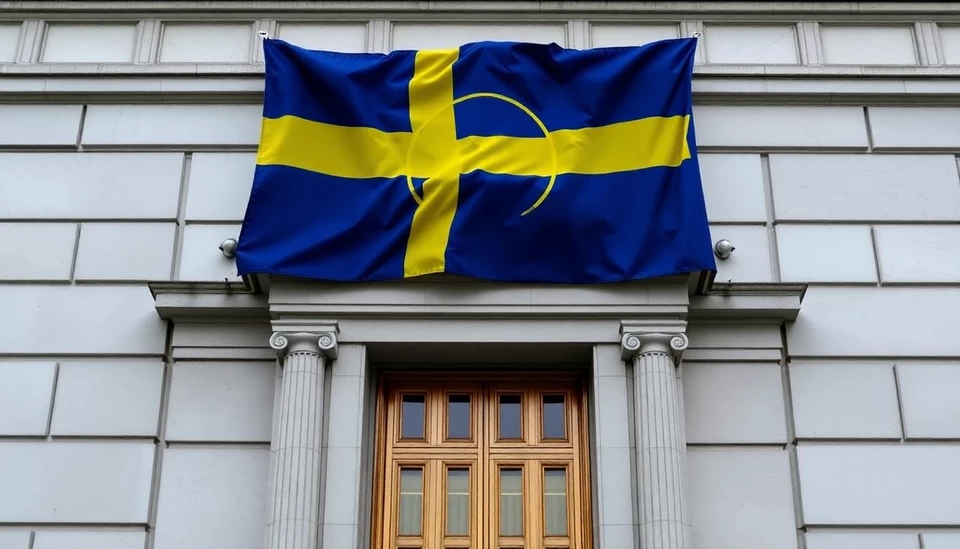
Swedish economic indicators have pointed towards an unexpected increase in core inflation, prompting market analysts to recalibrate their expectations regarding the Riksbank's monetary policy decisions in the near future. For October 2023, Sweden's core inflation rate recorded a surprising uptick, exceeding predictions made by economists and resulting in further scrutiny of the central bank's forthcoming actions.
According to recently released data, Sweden's core inflation, which excludes volatile items such as energy and food prices, climbed to 5.5% year-on-year in October, overshadowing an anticipated figure of 5.2%. This acceleration in the inflation rate can be attributed to various factors including rising wages, increased consumer spending, and persistent supply chain disruptions affecting the availability of goods and services in the market.
The 5.5% reading marks a notable rise from September's reported 5.2%, which raises concerns among policymakers regarding their ongoing efforts to rein in inflation. As central banks globally grapple with the ramifications of higher prices, the Riksbank finds itself at a critical juncture in its approach to controlling monetary policy in Sweden.
In light of the latest data, market analysts have begun speculating that the Riksbank may be inclined to adopt a more aggressive stance regarding interest rate adjustments. Some experts are projecting that the central bank might implement an increase as soon as its next policy meeting scheduled for November 2023.
This anticipation comes on the heels of the central bank raising interest rates multiple times throughout the year, as well as implementing quantitative tightening measures aimed at curbing inflationary pressures. However, the recent inflation metrics could urge the Riksbank to reconsider its trajectory, especially if ongoing inflation remains stubbornly high in the coming months.
Consumer sentiment also plays a vital role in this scenario; as households witness the escalation in everyday costs, the overall economic climate may shift. Enhanced inflation could lead to reduced spending, impacting GDP growth projections for Sweden, which is closely monitored by both economists and policymakers alike.
Given these developing circumstances, the Riksbank's communications leading up to the forthcoming policy meeting will be pivotal. Analysts will be keenly evaluating statements from officials, seeking cues for guidance on how the bank plans to navigate this challenging economic landscape.
As Sweden grapples with these inflationary pressures, the Riksbank stands at a crucial crossroads, with its next moves likely to set the tone for the economic environment in the months to come. Stakeholders across various sectors are bracing themselves for potential shifts, as the implications of rising core inflation extend beyond mere figures, affecting financial markets, consumers, and the overall health of the economy.
In conclusion, the unexpected rise in Swedish core inflation signals potential upheaval in the Riksbank's monetary strategy. As market players await the bank's next steps, the atmosphere remains charged with uncertainty and speculation.
#Sweden #Inflation #Riksbank #EconomicForecast #MonetaryPolicy
Author: Daniel Foster




